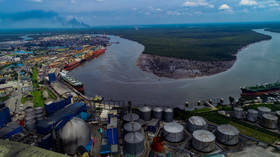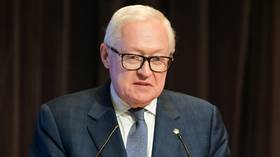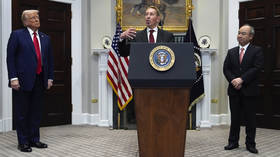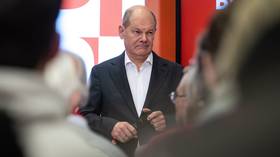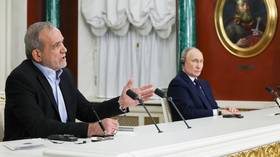African country reveals LNG export plan
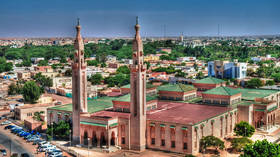
Mauritania is set to launch its first liquefied natural gas (LNG) exports in mid-2024 as the government ramps up its development of the energy sector, Minister of Petroleum, Mines, and Energy Nani Chrougha announced on Friday.
Speaking at a Climate Change Conference in Dubai (COP28), Chrougha said the move is aimed at making the northwest African country a major global gas producer.
The announcement comes at a time when the European Union is ratcheting up imports of LNG in an effort to compensate for the shortage of Russian pipeline gas after the bloc pledged to wean itself off the sanctioned country’s energy.
According to Chrougha, the launch of Mauritanian gas exports would also transform the energy market in the entire MSGBC region (Mauritania, Senegal, Gambia, Guinea Bissau, and Guinea Conakry), ensuring a balance between conventional and sustainable energy sources.
“I do not see any conflict or contradiction between the development of gas resources in Mauritania and its desire to develop a green hydrogen industry,” the country’s president, Mohamed Ould Cheikh El Ghazouani, told the meeting in Dubai. He asserted the right of developing countries to explore their natural resources even in the context of global energy transition.
Earlier this month, the Mauritanian energy minister said revenues generated from gas production would diversify the country’s economy by “creating jobs and new income sources that will stimulate economic growth and provide financial resources for critical development projects.”
The African nation plans to commence deliveries from its massive Greater Tortue Ahmeyim (GTA) deposit, located on the maritime border with Senegal and estimated to hold 15 trillion cubic feet of gas. The $4.8 billion liquefied natural gas project is operated by the British energy giant BP and the US company Kosmos Energy.
Mauritania’s second-largest gas field, BirAllah, has also attracted attention from major players in the oil and gas industry, including BP and Kosmos Energy, due to its immense investment potential. Located in the Mauritanian coastal basin, the deposit is estimated to hold 80 trillion cubic feet of gas.
For more stories on economy & finance visit RT's business section
